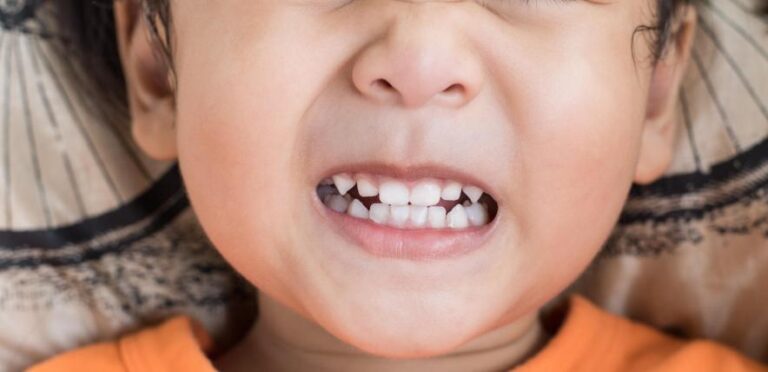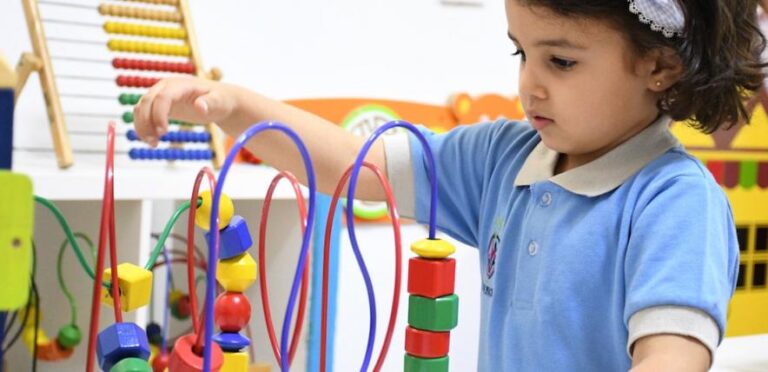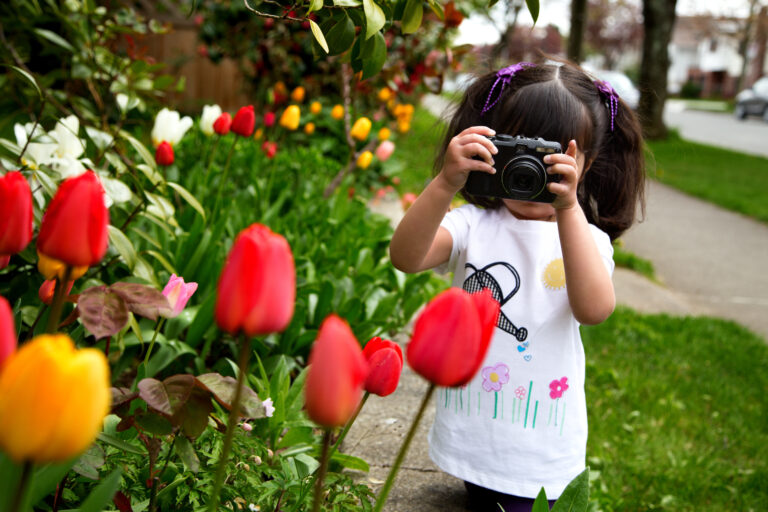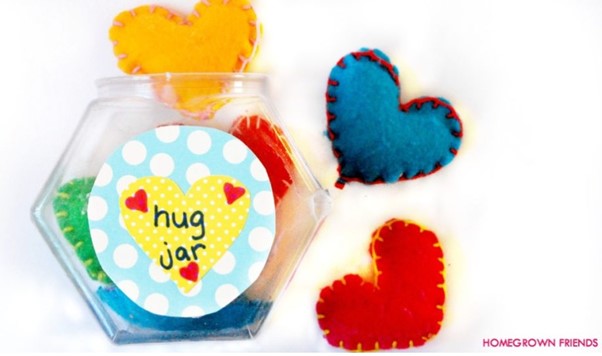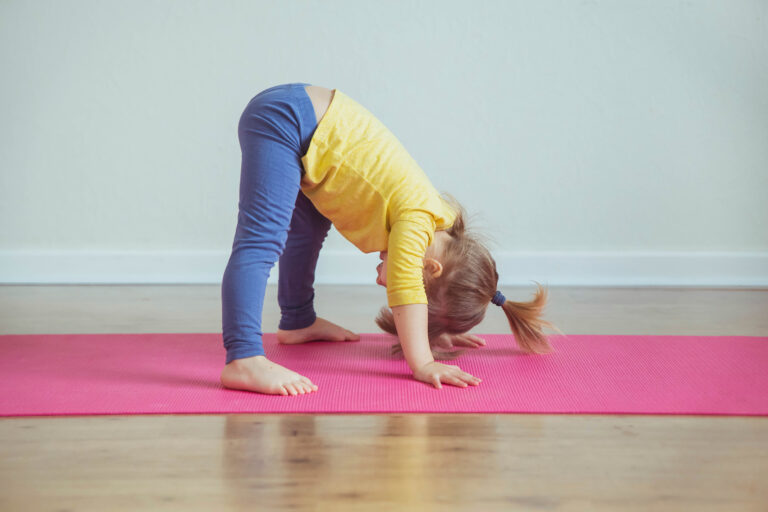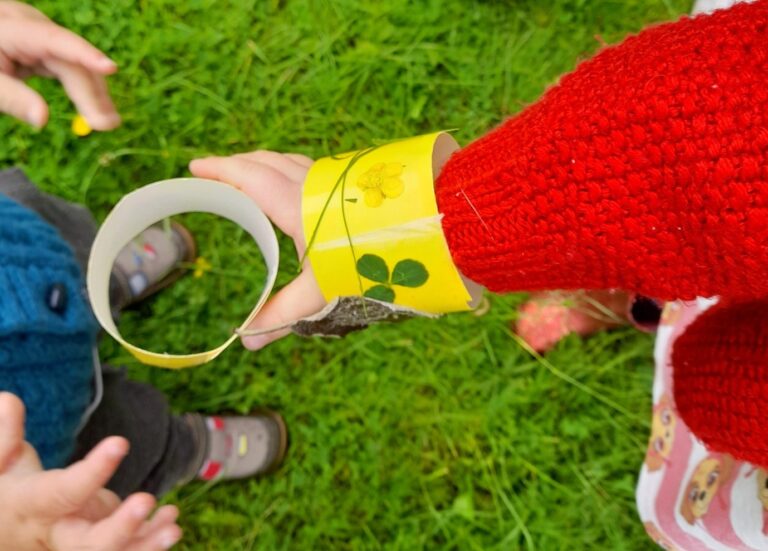Nicola Gibson, inclusion manager at the Early Years Alliance, explains how to deal with children who bite their peers or nursery educators.
It isn’t unusual for a baby to gently nip a parent’s nose during a playful exchange.
But biting can quickly become a bigger issue if an older child bites another at nursery or at the childminders.
If biting occurs on a regular basis it can present a real challenge and unless addressed can risk harming children and generating complaints from other parents.
Why do children bite?
How can we address this common concern?
Let’s look at biting during the different stages of a child’s development.
Babies and very young children
In the first few years of a child’s life, children use their bodies to learn about the world around them. Their mouths form an integral part of this process to help them:
- discover their immediate environment
- strengthen facial muscles
- develop oral motor skills for eating, drinking and speaking
- explore the taste and feel of objects
- soothe discomfort by biting down on objects
- communicate and express themselves
- understand cause and effect.
The first three years of a child’s life are a time of intense development change and transition – such as starting at a new setting, or having a new baby join their family. All these factors can impact on a child’s ability to deal with everyday challenges and can result in children biting other children and adults.
Like all behaviours, biting has a function and broadly speaking it is a way of either obtaining or avoiding someone/something. It can also be a way of communicating and self-stimulating.
It shouldn’t be surprising that for some very young children biting is a quick and effective way of expressing strong desires and emotions, especially when they are hungry, tired or teething.
Three- and four-year-olds
By the age of three, most children will have moved on from the biting stage. By this age, children are much more able to express themselves without resorting to biting.
However, it is also a time when children are learning a multitude of interconnected skills such as effective communication, negotiation, problem-solving, self-regulation and sharing.
These are complex skills to acquire and need regular practise and ‘fine-tuning’ throughout childhood. It is inevitable that during this time some children will occasionally resort to biting, particularly during heated ownership disputes.
It isn’t until the age of four that children really start to empathise and understand the impact of their actions on others.
By then, it is easier to rationalise with a child that has bitten and guide their use of more productive behaviours that will give them the same result – such as asking to play with a toy, instead of snatching it.
What to do about children biting
If biting becomes a regular occurrence, it is advisable to make a note of where most incidents happen — this will help you to analyse and identify and address what may be causing your child to bite.
Common causes can be communication barriers – particularly for children with special educational needs and disabilities or those using English as an additional language.
Introducing key word signs to aid communication could provide one solution.
If teething is a factor, look at methods of pain relief or teething toys.
Ownership is another common feature. Older children can be taught to use a sand-timer to take turns, but for very young children may be easier to just remove a solitary ‘trigger’ toy or get a second one.
Working with early years educators
If the biting is happening at your child’s nursery or at the childminder, you should work closely with early years educators and agree a shared approach.
Try to avoid turning to unorthodox methods or gimmicky approaches to solve the issue. They may only provide a quick fix and are often dependent on provision of rewards or for fear of a sanction, rather than guiding children to intrinsically change their behaviours.
Limiting opportunities for biting
Sometimes an ineffective early years environment can also cause issues, particularly in certain ‘flashpoint’ zones such as a busy construction area or home corner.
If a lot of biting is taking place at nursery try to find out from your child’s key worker what happened, where the biting took place and speak to the nursery about how things are set up there. Perhaps there are changes they could make to avoid situations that trigger conflict between children.
There is often no clear reason why children under two bite, so if all likely causes have been ruled out, you should assume that if your child has bitten another child they may bite again.
Be proactive and anticipate scenarios in which your child is likely to bite to limit their opportunities.
Some children give clear warning signs when they are about the bite, such as agitation, lunging and mouthing.
However, there may be no tell-tale signs. If your child is playing with other children and you know your child may bite, always place yourself between your child and other children so your are close enough to intervene, protect and distract as necessary.
Next steps
Even with all the best preparations, biting incidents may still occur. If your child does bite another child, their key person at nursery should use agreed guidelines for intervention.
For example, they should:
- Respond to the situation quickly and calmly to immediately stop the biting.
- Ensure that that child who has been bitten is attended to by another adult.
- Use distraction to change focus and the trajectory of what could happen next.
- Speak to the child using clear, simple language – e.g. “No biting.”
- Be vigilant – a child that has bitten is more likely to bite again.
- Be mindful that the children that has been bitten may be targeted again by the same child.
- Record the incident and speak with both sets of parents.
If your child is old enough to understand you can help them to reflect and guide them to use more acceptable and productive behaviours.
However if your child continues to bite despite intervention and without any obvious causes, you may need to further investigate why it’s happening.
It is possible your child may need some further assessment by specialist services such as a clinical psychology or speech and language therapist.
Case study: “Sometimes I’d wonder what we did wrong with this child?”
Julie Walker’s youngest daughter would bite her sister constantly, resulting in tears, arguments and almost daily confrontation.
“Sometimes I’d wonder what we did wrong with this child,” Julie says. “Our older children never did this but Jaya has been totally different. She bites her siblings and children at nursery. I’ve had to apologise to other parents about it. Lord only knows what they think of my parenting skills.
“I asked advice from my health visitor about how to deal with it during one of our occasional assessment sessions. She was really helpful and gave me some coping strategies where I could help Jaya to stop without having to shout at her or get upset myself at her behaviour.
“Because watching your child biting someone can be unexpectedly upsetting, especially when it’s done to another child. The first time she did it, everyone saw and I was very embarrassed.
“Luckily some of the other mums were sympathetic and said their child had done this too, at some point. Comforting though it is to hear this, it’s not what you want to happen.”
Julie’s health visitor also advised her to speak to the nursery educators about a joint strategy for stopping Jaya’s behaviour.
Whether at her early years setting, or at home, an adult would intervene when they saw Jaya biting by saying “Ouch, don’t hurt mummy (or your friend)”.
Removing Jaya from the situation was also helpful, and explaining to her, simply and gently that what she was doing was hurting or causing harm.
“We would tell Jaya, ‘Look you bit Charlotte and now she’s crying. Please don’t bite her,’” Julie explains. “It wasn’t designed to make Jaya feel bad but to encourage her to think about how her actions were affecting her friend.”
Treating a biting child kindly, rather than shouting or scolding, is often the best strategy, says Patty Wipfler, of Hand in Hand Parenting.
This means making eye contact and being close by for comfort.
If the child can already speak, ask him or her to explain to you or another adult how they feel and give them a channel for their anger and frustration.
It could be that the child feels ignored and is seeking attention through their actions.
“A child who is over the top with tension needs a listener,” says Dr Wipfler. “Toddlers’ biting is like a sneeze or a cough – their body does it for internal reasons that aren’t under their control.”
This post was adapated from an article that originally appeared in Under 5 magazine in January 2020.
It also features some additional reporting by Dorothy Lepkowska-Hudson.
Want more articles like this?
Subscribe to the free monthly Family Corner e-newsletter
for articles on your child’s development, activity ideas and more!
We won’t share your details with third parties and you can unsubscribe at any time.

